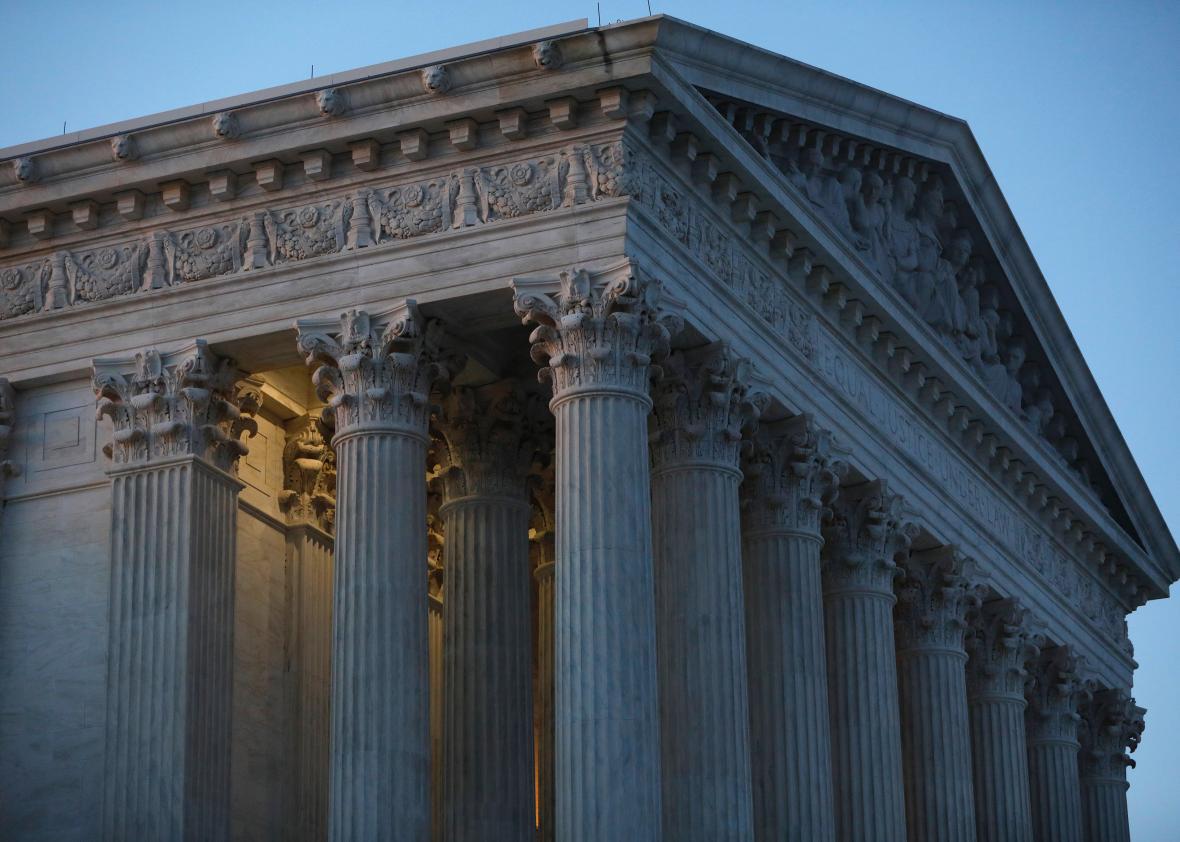Pam is right. One of the few unhappy aspects of being solicitor general is when you find out that a United States attorney has brought an ill-advised criminal case, won a conviction, and then persuaded a federal court of appeals to uphold the conviction. The first time the solicitor general learns of such a case is often when the convicted defendant files a cert. petition seeking review in the Supreme Court.
In the worst cases, as Pam notes, the solicitor general can confess error, tell the Supreme Court it should grant review, and enter a decision against the government. But in a couple of the cases Pam mentioned—Yates v. United States and Bond v. United States—the government’s victory in the court below is not so clearly wrong. In fact, in such cases the most literal or expansive reading of the law might well support the government’s position. The problem is the poor judgment shown by a prosecutor who makes a federal case out of a local or relatively small dispute. Then you are stuck and have to show up in the Supreme Court and take your punishment.
When I entered law practice at the age of 57 after a lifetime of being a professor, what surprised me most was the irresponsibly aggressive conduct of prosecutors. Many, of course, strive to do justice. I was shocked by those who do not.
In 1963, in Brady v. Maryland, the Supreme Court—following the notion that prosecutors should want justice, not necessarily convictions—held that the Constitution requires prosecutors to turn over to defense counsel any evidence that is favorable to the defendant if that evidence is material to the defendant’s guilt or punishment. Too many prosecutors, I am told by those who do a lot of criminal law, too often fail to comply with Brady, and too many judges let them get away with it. Defendants are often denied new trials by judges who find that the withheld information was not “material.”
The question in such cases is whether there is a “reasonable probability” that the evidence, if disclosed, would have produced a different result before the jury. In the consolidated cases of Turner v. United States and Overton v. United States, the court decided on Thursday (over a dissent by Justice Elena Kagan, joined by Justice Ruth Bader Ginsburg) that there was no such reasonable probability of a different result. (I should note that my firm, O’Melveny & Myers, was pro bono counsel for defendant Overton.)
The decision turned entirely on the complex facts of a complex event that involved as many as 10 possible perpetrators. It was a surprise to many, then, to see it in the Supreme Court at all. The Supreme Court always says it does not take cases to correct factual errors. That is the work of the lower appellate courts. The Supreme Court has to spend its docket setting general legal principles. But the justices are no doubt aware that Brady violations seem to be widespread. So they need to take a Brady case from time to time to make the point that prosecutors really, really should comply with this important obligation.
And yet in today’s cases the court affirmed the government’s position. Part of the problem may be that this case was not the best vehicle for bringing prosecutors up to standard. This was a federal case, and federal U.S. attorneys’ offices may be less of a problem Brady-wise than some of our state and local prosecutors’ offices. In a case that was well-argued for both of the two defendants and for the government, the U.S. was represented by Deputy Solicitor General Michael R. Dreeben. Dreeben had the difficult task of convincing the court that there was “no reasonable probability” that turning over the missing material—essentially matter that could be used to impeach some but not all of the government’s witnesses and would have pointed at one or two other suspects—would have produced a different verdict. If anyone could compose such a narrative for the government, it is Dreeben. He presented as a model prosecutor himself, quick to acknowledge weaknesses in his case and to mitigate rather than to deny them.
Dreeben smoothly conveyed to the court the sense that he understands the important principle at stake (“Now, today the Department of Justice has adopted a different discovery policy that exceeds what’s required under Brady”) perhaps lulling the court into forgetting about all those state prosecutors who need a strong message about their obligations.
The solicitor general’s office will now have to share Dreeben, whom many (including me) consider the best criminal prosecutor in the country: He has joined the staff being put together by Robert Mueller, the special counsel investigating Russian election interference and related matters.
